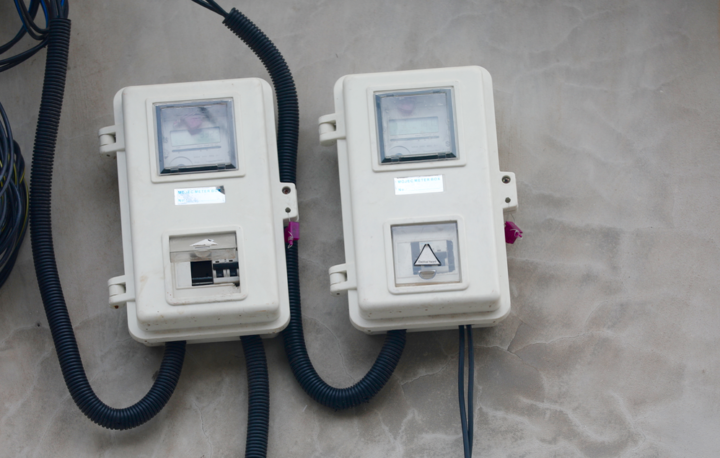
Adebayo Adelabu, Nigeria’s Minister of Power, announced that 1.3 million electricity meters will be delivered between December 2024 and the second quarter of 2025. He made the statement on Tuesday at the ongoing Nigeria Energy Summit in Lagos.
Adelabu explained that the meter delivery will occur in two phases. The first batch is expected in December 2024, while the remaining will arrive by mid-2025. This initiative is part of the federal government’s effort to close the metering gap, which currently leaves over seven million consumers relying on estimated billing.
With Nigeria having more than 13 million electricity consumers, only about 5 million are metered. “It is fraudulent, it is not transparent, and it can never be acceptable in a sane country,” Adelabu said of the widespread reliance on estimated billing. He acknowledged that bridging the seven-million-meter gap cannot be achieved within a single year.
The minister outlined the government’s response to this challenge through the launch of the Presidential Metering Initiative, in collaboration with the Nigeria Governors Forum and backed by the World Bank’s Distribution Sector Reform Programme. The initiative aims to provide 3.2 million meters, of which 1.3 million have already been procured, with contracts signed and payments completed.
Adelabu expressed optimism that the deployment of the meters would enhance billing transparency, reduce disputes between consumers and power distribution companies, and boost the sector’s revenue. He also projected that the power sector could generate N2 trillion in revenue in 2024, compared to N1 trillion in 2023, thanks to ongoing reforms such as the Band A tariff review.
The minister emphasized that improved billing efficiency and metering would not only reduce reliance on more costly and environmentally harmful alternatives like diesel and petrol but also significantly increase consumer willingness to pay for electricity. “Nigerians are ready to pay if we display transparency and fairness in billing,” he stated.
This metering initiative is seen as a crucial step toward reducing estimated billing, enhancing sector liquidity, and improving the overall efficiency of Nigeria’s power infrastructure.
